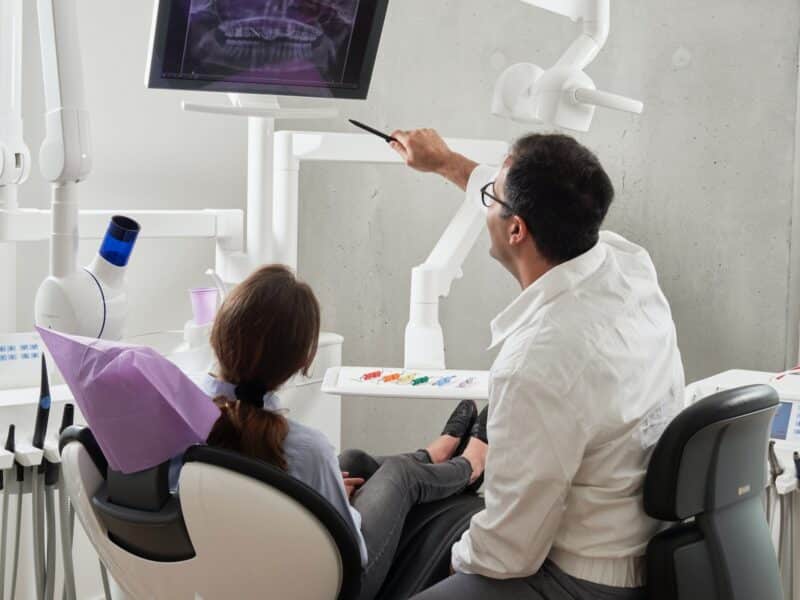
The Neglect of Regular Dental Visits
In the hustle and bustle of daily life, visiting the dentist doesn’t always top the priority list for many adults. This neglect is reflected in statistics gathered by the Centers for Disease Control and Prevention (CDC), which indicates only 63% of adults visited the dentist in 2020. What many adults fail to realize is that these biannual visits are crucial in maintaining oral health and preventing more serious dental issues down the line.
Regular checkups allow dentists to provide professional cleanings that remove plaque build-up, which is essential in preventing gum disease. Furthermore, these visits offer an opportunity for the dentist to observe any changes or issues that might be developing. Unfortunately, the reluctance to pursue regular dental care can lead to more complex problems, ultimately affecting overall health.
Cost, anxiety, and a misunderstanding of the importance of dental visits often contribute to this avoidance. Educating adults on the comprehensive role these visits play in sustaining both oral and general health can encourage more frequent appointments. Building a routine centered on proactive healthcare can significantly reduce the long-term risks associated with neglect.
Prevalence of Cavities Among Adults
Cavities may seem like a problem of the past, yet they remain highly prevalent in adults aged 20 to 64. Neglected dental care is a leading contributor to this issue, with the CDC reporting that 1 in 4 adults in this age group has untreated cavities. Lack of awareness and the absence of symptoms often prevent adults from seeking the necessary treatment for cavities early on.
Starting with small amounts of decay, untreated cavities can lead to more significant issues, such as infections or even tooth loss. This not only affects an individual’s oral health but can also lead to systemic health problems. Addressing cavities promptly through regular checkups and a robust oral care routine is crucial to prevent escalation.
Brushing twice a day using fluoride toothpaste and flossing daily are critical steps in preventing cavities. Incorporating these habits into daily life can dramatically decrease the likelihood of developing cavities, proving that prevention is more effective and less costly than treatment. Educating adults on these practices is vital in enhancing long-term oral health outcomes.
Network of Dental Professionals
The United States boasts an extensive network of dental professionals dedicated to providing comprehensive care to its population. With an estimated 200,000 dentists nationwide, according to Gitnux, access to quality dental care is within reach for many Americans. However, it requires individuals to take the initiative and prioritize dental visits in their list of healthcare commitments.
This large number of dental professionals indicates that resources and expertise are abundantly available to address various oral health concerns. Dentists’ roles extend beyond treatment, involving patient education and the promotion of healthier dental practices. Utilizing these resources can lead to a significant improvement in both individual and public health outcomes.
The support of a professional dentist can revolutionize an individual’s approach to oral hygiene. This professional guidance helps create a personalized oral health plan, ensuring regular maintenance and rapid intervention when issues arise. When adults take advantage of these professional services, they directly contribute to more extensive community health advancements.
The importance of dental maintenance for adults cannot be overstated. Regular visits to the dentist, proactive cavity prevention, and the utilization of the vast network of dental professionals are all essential components of maintaining vibrant oral health. By prioritizing these aspects, adults can safeguard not only their dental health but also their overall well-being, paving the way for a healthier future.



